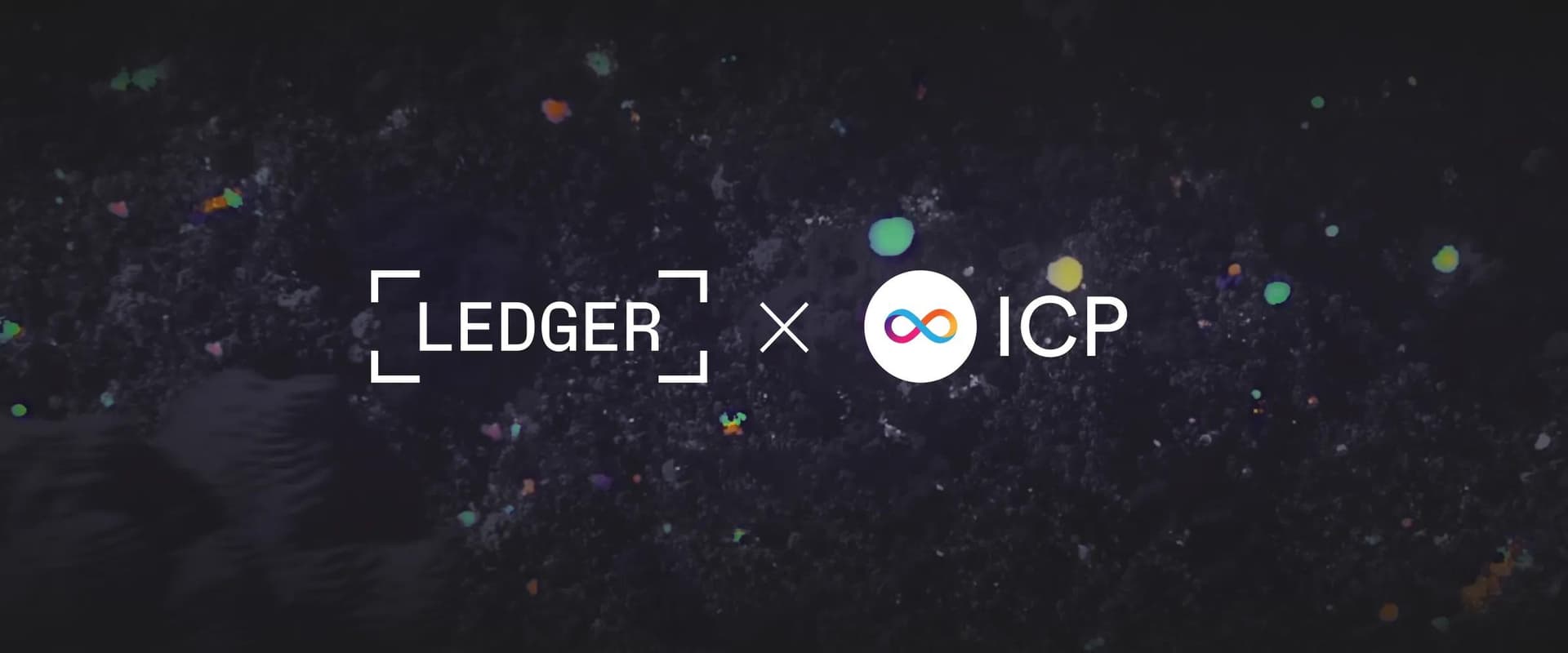Ledger Suite Migration to Stable Storage: Enhancing Scalability and Transaction Efficiency on ICP
March 5, 2025

The Ledger Suite on the Internet Computer (ICP) plays a crucial role in managing transactions across various decentralised applications and ecosystems. It provides the backbone for secure and efficient value transfers, making it indispensable for developers and businesses building on ICP.
However, as the network grew and transaction volumes increased, users encountered challenges such as slow processing speeds, increased memory consumption, and scalability bottlenecks. These issues highlighted the need for a more efficient storage system—one that could handle growth without compromising performance.
Blockchain networks constantly evolve to meet the demands of their users, refining their architecture to support growing activity. ICP is no exception. To address these challenges, its ledger infrastructure has undergone a significant upgrade, ensuring better scalability and more efficient transaction handling. This isn’t just another technical update—it’s a game-changer for projects relying on ICP’s ledger suite.
If you've been following ICP's progress, you’ll know that its Ledger and all Chain-Key Ledgers have successfully migrated to stable storage. This fundamental shift optimises how transactions are processed, allowing the system to handle larger datasets more efficiently without overloading. It marks a crucial step in making ICP’s blockchain infrastructure more sustainable and adaptable as Web3 adoption grows.
What’s Changing? A Shift to Stable Storage
ICP's Ledger and all Chain-Key Ledgers have successfully migrated to stable storage. What does this mean for you? In simple terms, the underlying storage mechanism has been optimised to handle transactions more efficiently without overloading the system.
Previously, these ledgers relied on in-memory storage, which had limitations in terms of scale and performance. With this transition, the ledger can now maintain larger datasets more efficiently, ensuring that the system remains responsive even as transaction volumes grow.
The Impact on Scalability and Transaction Handling
If you're running or planning to build on ICP, this migration offers a few key benefits:
- Improved Scalability: The shift to stable storage allows ledgers to manage higher transaction loads without slowing down.
- Optimised Performance: Faster transaction processing means less network congestion and a smoother experience for developers and users alike.
- Reliable Data Retention: Stable storage ensures that ledger data is maintained securely over time, reducing the risks of data loss or inefficiencies.
This isn’t just about making things faster; it’s about making ICP’s ledger suite more sustainable for long-term growth.
How SNS and ICRC Ledgers Can Benefit
If you're working on an SNS (Service Nervous System) or ICRC (Internet Computer Request for Comments) ledger project, now is the time to consider upgrading. These projects can take advantage of the same optimisations, ensuring that your infrastructure remains robust and scalable.
The migration path is designed to be seamless, allowing developers to integrate these upgrades without major disruptions. Whether you're managing a decentralised governance system or a token ledger, this enhancement gives you the tools to build with greater confidence.
Why This Matters for the Future of ICP
Blockchain technology is often judged by its ability to scale and perform under real-world conditions. The migration to stable storage marks a crucial step in making ICP’s ledger suite more adaptable, efficient, and resilient. As Web3 adoption grows, innovations like these ensure that ICP remains at the forefront of blockchain infrastructure.
If you're an ICP developer, entrepreneur, or enthusiast, now is the time to explore how these improvements can elevate your projects. The evolution of the ledger suite isn’t just a technical shift—it’s an opportunity for you to build bigger and better on a more solid foundation.
Are you ready to take advantage of this upgrade?